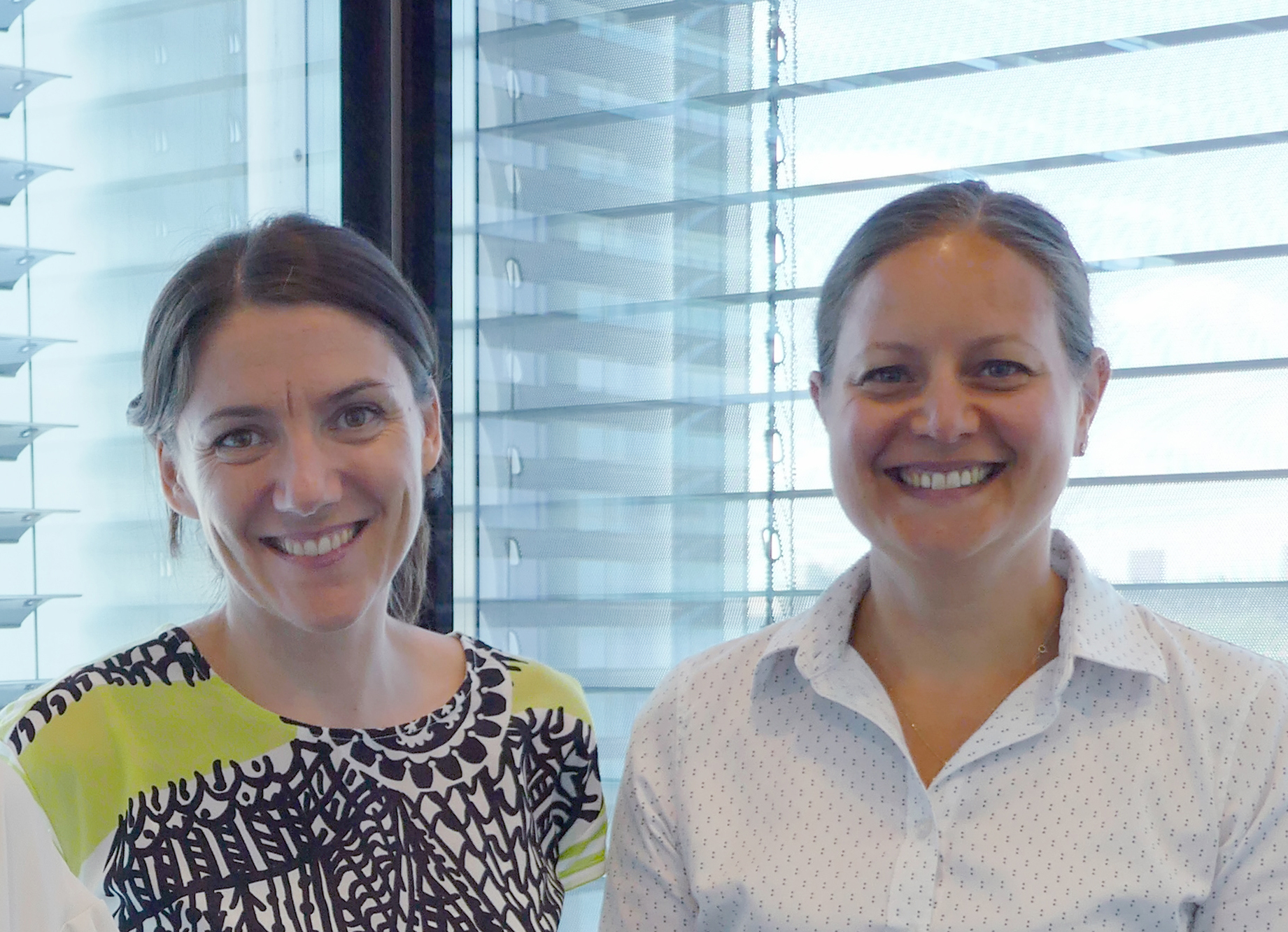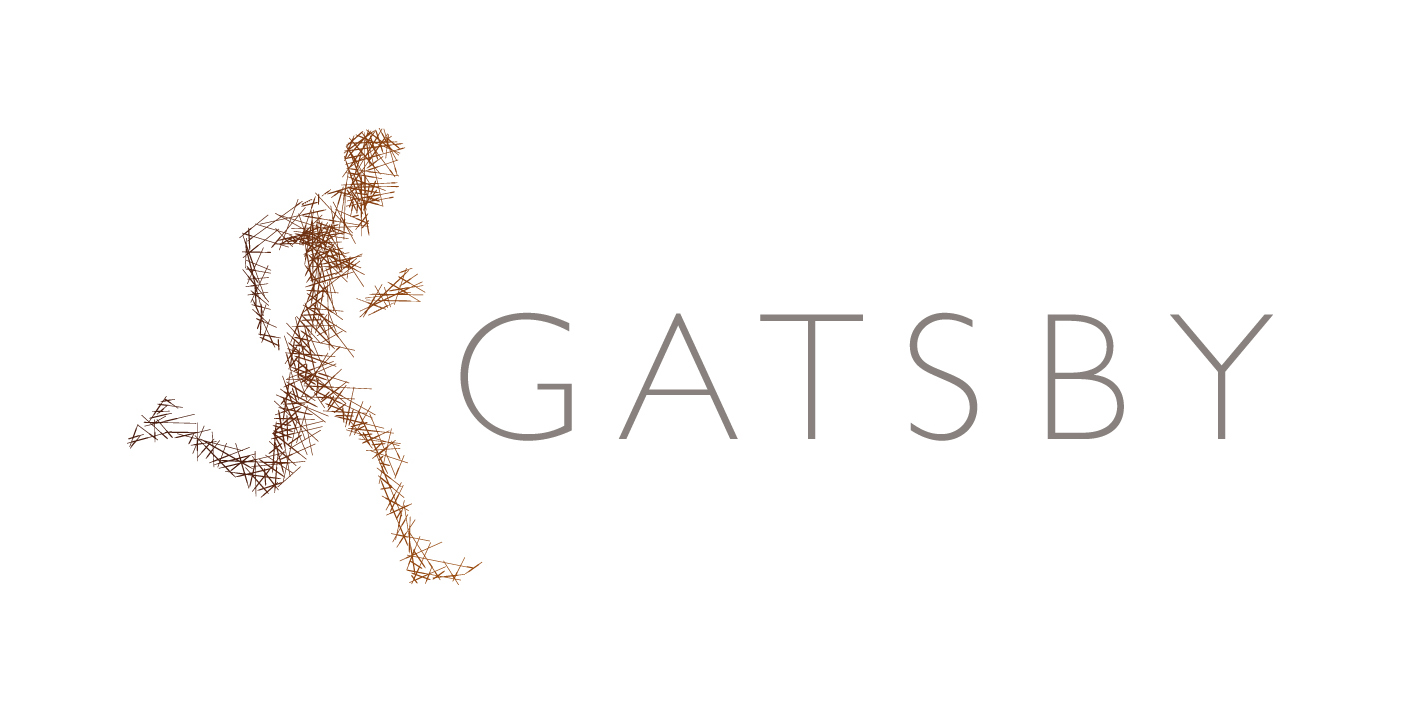13th Apr 2022
We are delighted to congratulate the winners of the 2022 BNA Credibility Prizes, selected by an independent judging panel.
- Student Researcher Credibility Prize winner: Fiona Ramage (University of Dundee)
Highly Commended: Niamh MacSweeney (University of Edinburgh)
- Individual Researcher Credibility Prize winner: Matthew Grubb (King's College London)
- Team Credibility Prize winner: Experimental Design Assistant development team (NC3Rs)
Highly Commended: Cam-CAN (University of Cambridge)
This is the second year that we have awarded these prizes, which highlight and recognise some of the excellent efforts to ensure that neuroscience research is as robust, reliable, replicable, and reproducible as possible.
In addition to thanking all the nominees that submitted entries this year, we want to thank our independent judging panel for offering their time and expertise to determine the winners:
- Dorothy Bishop (University of Oxford)
- Jeff Dalley (University of Cambridge)
- Uta Frith (UCL)
- Siri Leknes (University of Oslo)
For this year's prizes, we especially invited nominations in areas of in vitro and in vivo neuroscience, which we believe have a specific need for more support to strengthen credibility. Congratulations to the winners!
BNA Credibility Prize winners
Student Researcher Credibility Prize winner
 Fiona is a PhD neuroscience student at the University of Dundee, studying the short-term memory impairments caused by a high-fat diet, and the mechanisms behind these effects. Two years of unsatisfactory in vivo lab work in her PhD failed to reproduce previously published data and revealed issues with lack of experimental blinding, impacting Fiona's own health and wellbeing. She has taken what some would consider a negative experience and turned it around to refocus her studies on reproducibility and credibility in in vivo neuroscience research.
Fiona is a PhD neuroscience student at the University of Dundee, studying the short-term memory impairments caused by a high-fat diet, and the mechanisms behind these effects. Two years of unsatisfactory in vivo lab work in her PhD failed to reproduce previously published data and revealed issues with lack of experimental blinding, impacting Fiona's own health and wellbeing. She has taken what some would consider a negative experience and turned it around to refocus her studies on reproducibility and credibility in in vivo neuroscience research.
Fiona now carries out preclinical meta-research into the effects of diet on cognition, teaming up with the Edinburgh based CAMARADES group, in the process educating the rest of the neuroscience team in Dundee on meta-research. Her first PhD publication is a pre-registered protocol with BMJ Open Science for her main systematic review and meta-analysis. Beyond this, she has contributed to raising the issue of reproducibility at her institution, setting up an inter-departmental ReproducibiliTea journal club.
Fiona is a great example of raising awareness in the sector of the potential error of traditional protocols in an educational and diplomatic way, and of acting as an ambassador for more credible neuroscience.
Individual Researcher Credibility Prize winner
Matt is a team leader at the Centre for Developmental Neurobiology at King's College London. His research is focused on activity-dependent development of the olfactory bulb, and uses a combination of in vivo and ex vivo approaches. Ever since he started his lab, Matt has implemented a way of working with reproducibility and open science as the main core of its activities.
 Matt has ensured an ethos at his lab of making everything they do openly available to anyone who is interested in accessing it. This ethos, and the expectations surrounding it, is agreed with all new group members, and is actively maintained and supported by his team. At the Grubb Lab, they deposit all submitted manuscripts as preprints in bioRxiv, and ensure immediate Open Access to all peer-reviewed publications. The lab also ensures that they make all of the raw data that have contributed to any published paper freely available to all users in public repositories. In keeping with this ethos, where Matt's lab develop any novel resources as part of their work, these are made freely available too - for example, in the plasmid repository Addgene.
Matt has ensured an ethos at his lab of making everything they do openly available to anyone who is interested in accessing it. This ethos, and the expectations surrounding it, is agreed with all new group members, and is actively maintained and supported by his team. At the Grubb Lab, they deposit all submitted manuscripts as preprints in bioRxiv, and ensure immediate Open Access to all peer-reviewed publications. The lab also ensures that they make all of the raw data that have contributed to any published paper freely available to all users in public repositories. In keeping with this ethos, where Matt's lab develop any novel resources as part of their work, these are made freely available too - for example, in the plasmid repository Addgene.
Matt's approach is a perfect example of good practice, striving to meet rigorous criteria for reproducible science, promoting open practices in his own lab and acting as a role model for Credibility in Neuroscience.
Team Credibility Prize winner
The Experimental Design Assistant (EDA) is a freely accessible, web-based tool, which is playing a huge role in strengthening credibility in neuroscience, specifically in vivo neuroscience research. The EDA achieves this through its aims to ensure researchers use the minimum number of animals commensurate with realising the scientific objectives of the study; to reduce subjective bias; and to help researchers use appropriate statistical analyses of the data.
 The package was developed by the NC3Rs, together with a team of basic scientists, methodologists and statisticians, working across academic and industrial research communities, and in collaboration with Information Systems experts (Certus Technology Associates Ltd) who built and maintain the tool. The project has been led by Nathalie Percie du Sert from the NC3Rs (pictured right with fellow EDA development team member Esther Pearl), since its inception in 2011.
The package was developed by the NC3Rs, together with a team of basic scientists, methodologists and statisticians, working across academic and industrial research communities, and in collaboration with Information Systems experts (Certus Technology Associates Ltd) who built and maintain the tool. The project has been led by Nathalie Percie du Sert from the NC3Rs (pictured right with fellow EDA development team member Esther Pearl), since its inception in 2011.
The EDA enables step-wise construction of a schematic diagram of the proposed experiment; this involves linking a series of nodes, each of which represents a key point in the design of an experiment. Some examples include: the experimental hypothesis; specification of the experimental unit; the outcome measures of interest; and plans for the statistical analysis. In each node researchers can provide specific information about the experiment via drop-down menus. The last stage involves a critique of the proposed design, which will flag warnings whenever the experiment can be improved and suggest recommendations for a method of analysis compatible with the design. Throughout the process the EDA offers clickable access to practical solutions to address issues the system detected, and information to help researchers understand the implications of their design choices.
The EDA is making an outstanding contribution to biomedical science by helping to ensure the validity and reproducibility of animal experiments, leading major funding bodies such as UKRI and NIH to recommend it.
We are very grateful to the Gatsby Foundation for their ongoing support of the BNA, including our Credibility in Neuroscience campaign.









 Fiona is a PhD neuroscience student at the University of Dundee, studying the short-term memory impairments caused by a high-fat diet, and the mechanisms behind these effects. Two years of unsatisfactory in vivo lab work in her PhD failed to reproduce previously published data and revealed issues with lack of experimental blinding, impacting Fiona's own health and wellbeing. She has taken what some would consider a negative experience and turned it around to refocus her studies on reproducibility and credibility in in vivo neuroscience research.
Fiona is a PhD neuroscience student at the University of Dundee, studying the short-term memory impairments caused by a high-fat diet, and the mechanisms behind these effects. Two years of unsatisfactory in vivo lab work in her PhD failed to reproduce previously published data and revealed issues with lack of experimental blinding, impacting Fiona's own health and wellbeing. She has taken what some would consider a negative experience and turned it around to refocus her studies on reproducibility and credibility in in vivo neuroscience research.  Matt has ensured an ethos at his lab of making everything they do openly available to anyone who is interested in accessing it. This ethos, and the expectations surrounding it, is agreed with all new group members, and is actively maintained and supported by his team. At the Grubb Lab, they deposit all submitted manuscripts as preprints in bioRxiv, and ensure immediate Open Access to all peer-reviewed publications. The lab also ensures that they make all of the raw data that have contributed to any published paper freely available to all users in public repositories. In keeping with this ethos, where Matt's lab develop any novel resources as part of their work, these are made freely available too - for example, in the plasmid repository
Matt has ensured an ethos at his lab of making everything they do openly available to anyone who is interested in accessing it. This ethos, and the expectations surrounding it, is agreed with all new group members, and is actively maintained and supported by his team. At the Grubb Lab, they deposit all submitted manuscripts as preprints in bioRxiv, and ensure immediate Open Access to all peer-reviewed publications. The lab also ensures that they make all of the raw data that have contributed to any published paper freely available to all users in public repositories. In keeping with this ethos, where Matt's lab develop any novel resources as part of their work, these are made freely available too - for example, in the plasmid repository  The package was developed by
The package was developed by 